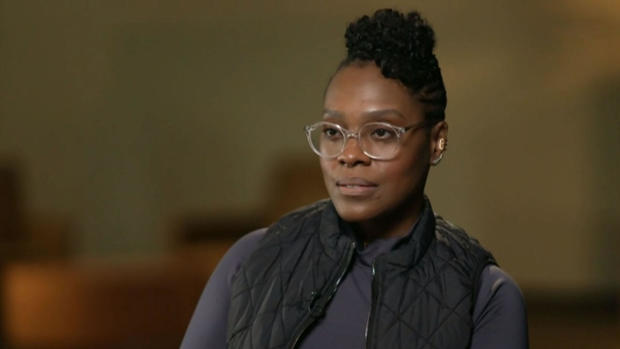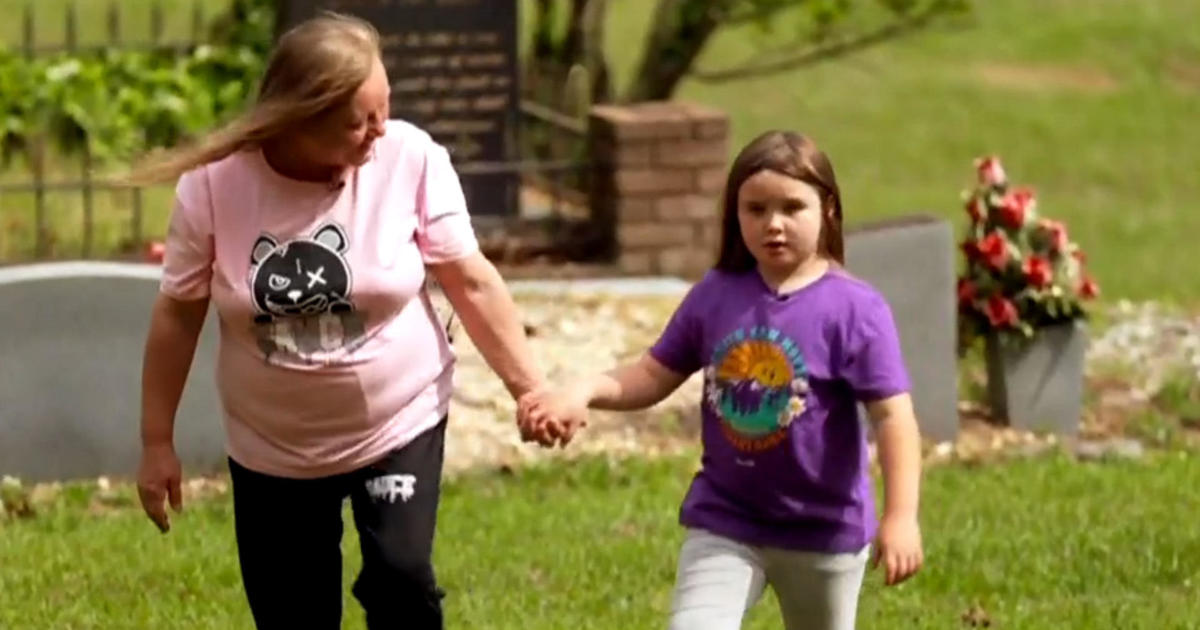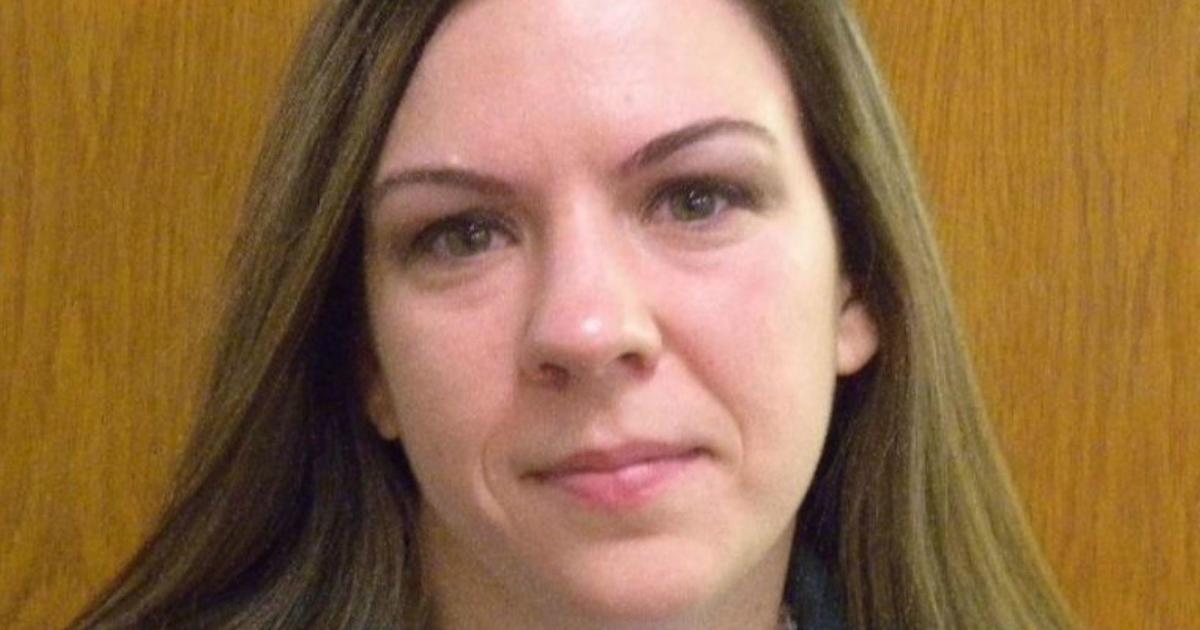Health care workers facing a mental health crisis
The punishing work hours and the sadness and frustration of caring for critically ill COVID patients who die, despite their best efforts, has taken its toll on health care workers. Wesley Lowery spoke with health care workers about their struggles for a report on the next edition of 60 Minutes+, streaming Sunday, March 14, on Paramount+.
Nurses, doctors and others on the frontlines of the pandemic are facing a health crisis of their own, many feeling depressed, some considering therapy. Lowery spoke with health care workers across the country, including in Georgia's rural northeast, where one hospital is still grappling with the deadliest wave of COVID-19 they've ever seen.
Erine Raybon-Rojas, a critical care doctor at Northeast Georgia Medical Center, said her workload is still more than double what it was pre-pandemic -- with no relief in sight.
"Have there been moments that have felt like you're reaching a breaking point or have been difficult – where you have been overwhelmed?" Lowery asked Raybon-Rojas in an excerpt from the story that aired on "CBS This Morning."
"Every day," Raybon-Rojas said. "It's not uncommon for us to take a minute to go cry, I mean, I cry in my office all the time… Everything you do is about getting people better. And a lot of times it just doesn't happen. The lack of being able to help someone in their most vulnerable moments is the injury. The fact that it happens over and over and over again is what I think really causes the-- the damage."
"And you've said that you think about walking away from it sometimes," Lowery asked.
"Yeah," Raybon-Rojas said.
"How seriously do you consider that?" Lowery asked.
"Depends on the day," Raybon-Rojas said. "As I'm preparing for my shift the night before, I start to get a physical reaction to even thinking about going to work. I start to get-- palpitations. And then I start to think about, 'Why am I doing this? I don't have to do this.' There's been days where I've had to take a personal day-- just because the thought of coming back in and doing the same thing again was just too much. I don't think it substitutes, you know, what will be needed as far as debriefing and therapy after this."
Raybon-Rojas said they "absolutely" plan to go to therapy.




